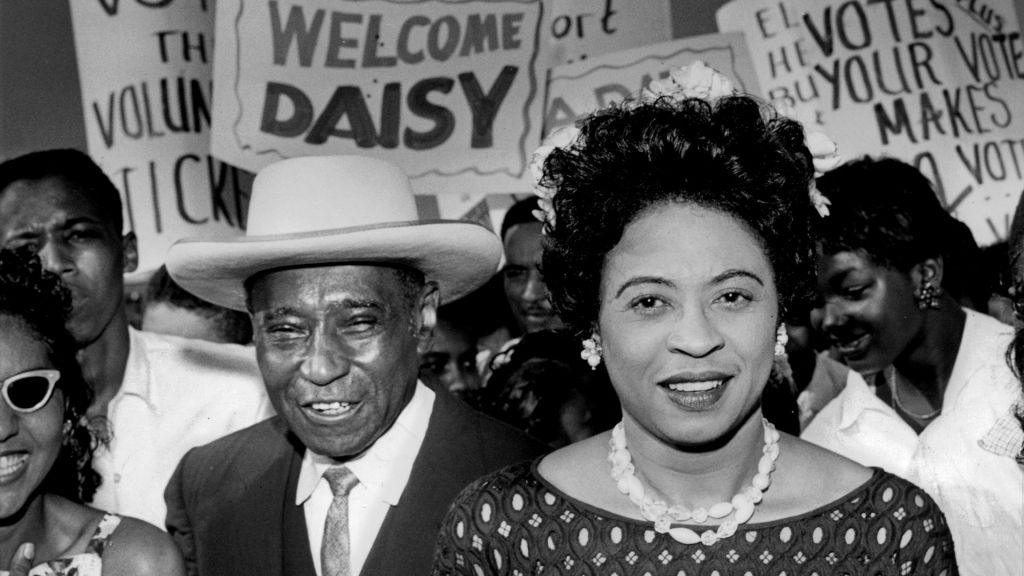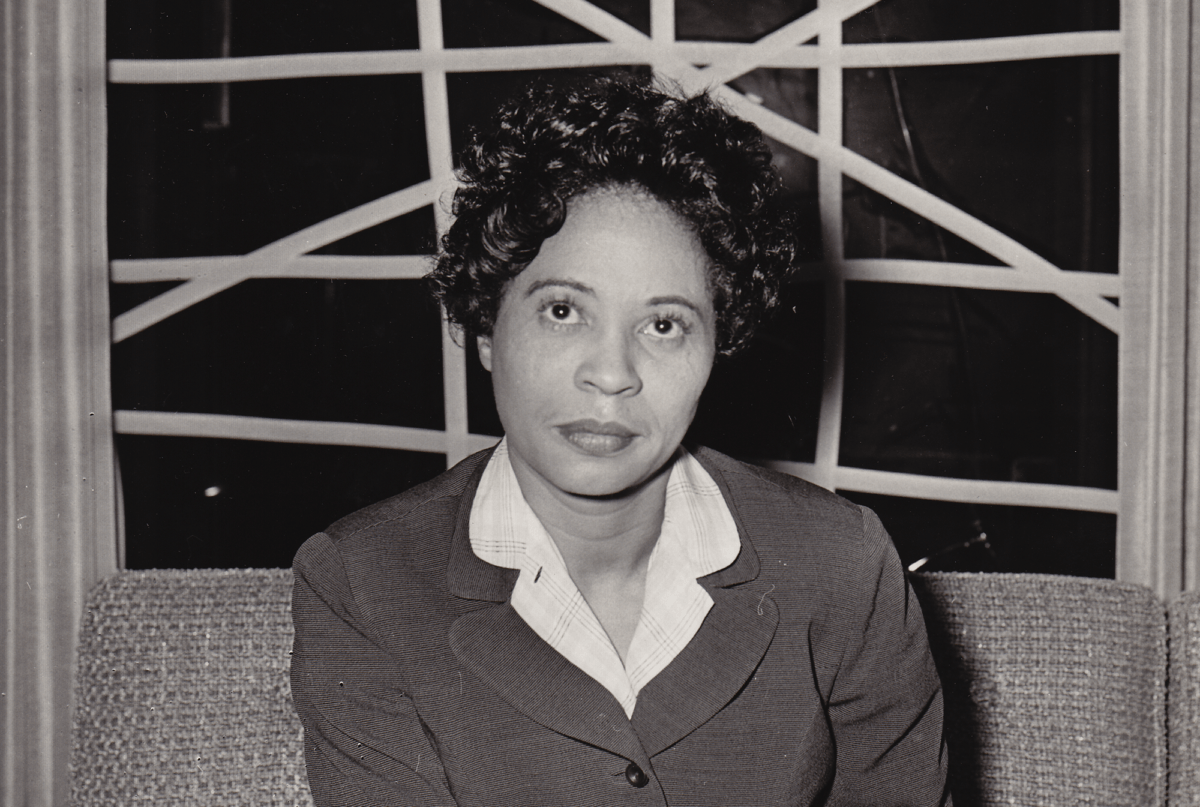
Daisy Bates
About the Documentary
In 1957, Daisy Bates became a household name when she fought for the right of nine black students to attend the all-white Central High School in Little Rock, Arkansas. Bates's public support culminated in a constitutional crisis — pitting a president against a governor and a community against itself. As head of the Arkansas NAACP, and protector of the nine students, Daisy Bates would achieve instant fame as the drama played out on national television and in newspapers around the world. But that fame would prove fleeting and for her attempts to remain relevant, she would pay a hefty price. Daisy Bates was not born to make history. The product of a segregated Arkansas sawmill town, she was black, illegitimate and self-taught after the eighth grade. Bates's early life was scarred when she discovered that the couple that was raising her was not, in fact, her parents. Her biological mother had been raped, murdered, and dumped into a local pond by white men. Fearing for his life, her father gave her away and never reclaimed her. Throughout her life — even at the height of her acclaim — Daisy Bates would know loneliness and a feeling of being on the outside looking in. It was a feeling that drove her relentlessly — to take up with a married man as a means of escaping the circumstances of her birth, to constantly push herself and those around her, to ignore her fears and doubts, to never let friends or enemies see her in pain, and to always present an air of composure, sophistication, and glamour even when her life was falling apart. Today, Daisy Bates's contributions — first as a newspaper publisher in Little Rock and then as head of the Arkansas NAACP — remain little recognized outside of Arkansas. In the 1980s, when Henry Hampton was filming his landmark series, Eyes on the Prize, Daisy Bates had been silenced and nearly crippled by a series of strokes. She was never able to tell her own story on film.
So questions persist: What motivated Daisy Bates? Was she a self-sacrificing heroine or an opportunist driven by a need for validation? As Arkansas state president of the NAACP, Daisy supported a policy that put teenagers on the frontlines of the school desegregation battle — but was that policy morally right? What price did the Little Rock Nine pay for that decision? What does her story tell us about the place of feminism in the civil rights movement? After all she did, why was Daisy never fully embraced, even within the Little Rock community?
The Filmmakers
Sharon La Cruise
Sharon La Cruise has worked for Blackside Inc., Firelight Media, Roja Productions, The Faith Project, The Coca-Cola Company, the 1996 Summer Olympic Games, and the Cable News Network (CNN). She has worked on: Zora Neale Hurston: Jump at the Sun, Shut up & Sing; Going Up River: The Long War of John Kerry; Beyond Brown: Pursuing the Promise; Citizen King; Matters of Race; This Far By Faith: African-American Spiritual Journeys; The Life of Zora Neale Hurston; and CNN’s Through the Lens, The Road to the White House, and The Planetary Police. She currently works as an associate for the Ford Foundation in its JustFilms unit. She is a member of the International Documentary Association. She holds an M.A. in television journalism from New York University, and a B.A. in history from Adelphi University.
Learn More About the Documentary

Filmmaker Discusses Daisy Bates and Black History Month

